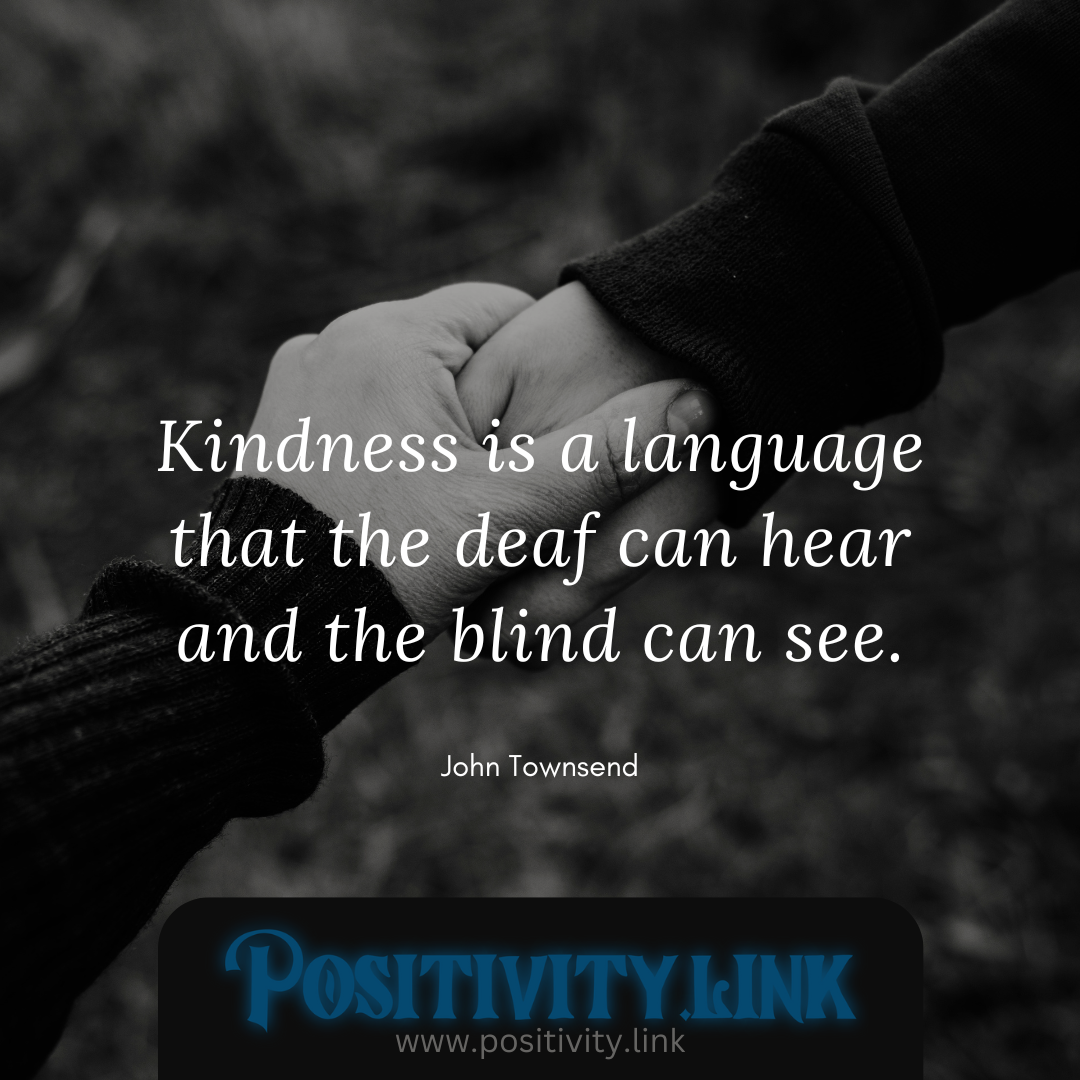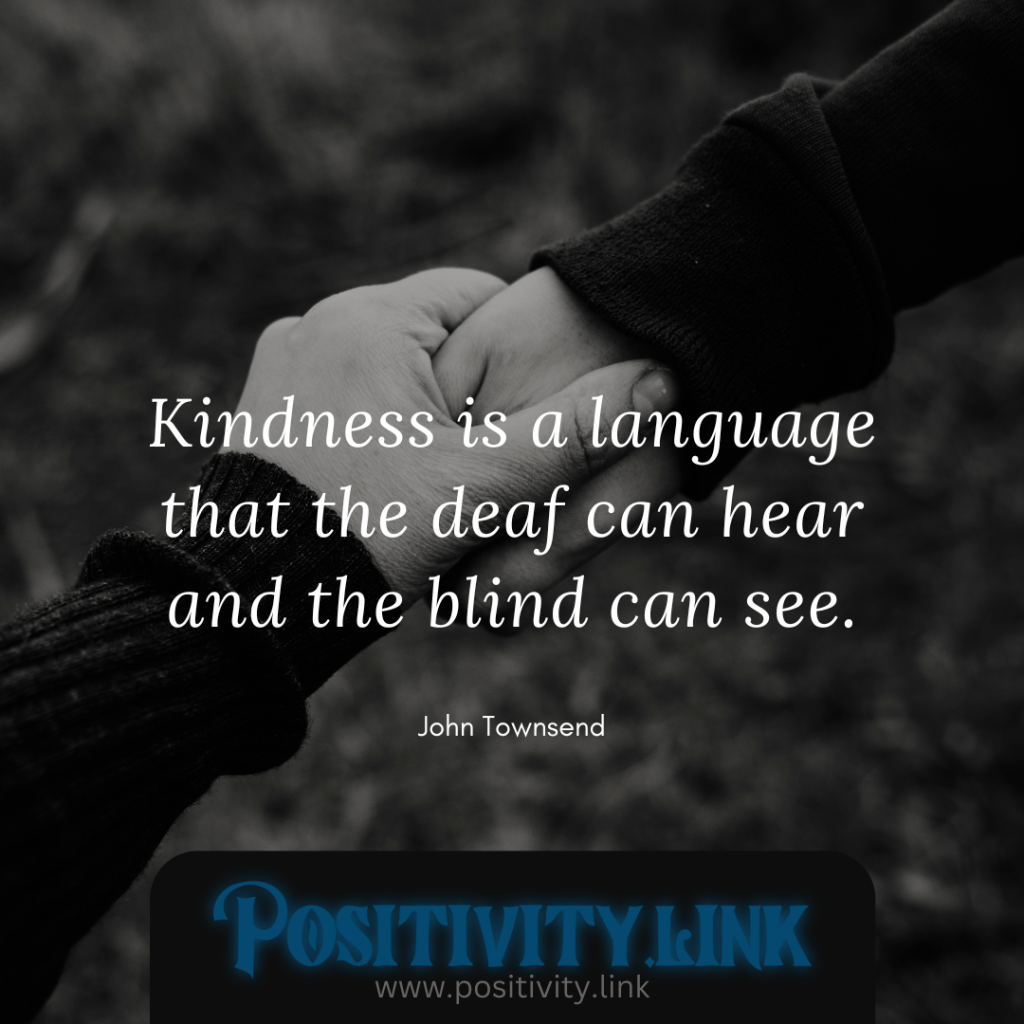In a world that can sometimes feel chaotic and fast-paced, taking a moment to express gratitude to our loved ones can create meaningful moments of connection. Nurturing each other’s growth and well-being through acts of appreciation not only strengthens relationships but also fosters a sense of joy and fulfillment in our own lives. Here are some simple yet impactful ways to show gratitude and spread positivity.
1. Speak From the Heart: The Power of Words
A heartfelt message or a few kind words can make someone’s day. Telling your loved ones how much they mean to you—whether through a handwritten note, a thoughtful text, or a heartfelt conversation—shows that you value them. Verbal expressions of gratitude create an emotional connection and foster an environment of positivity and mutual respect.
Idea for Practicing Gratitude: Start each morning by sending a kind message to someone you care about. It could be as simple as, “I’m grateful for you today.” These small gestures can have a lasting impact.
2. Acts of Service: Showing You Care Through Action
Actions speak louder than words, and acts of service are a tangible way to demonstrate your appreciation. Whether it’s helping with household chores, running an errand, or simply offering a listening ear, these small, thoughtful acts can communicate how much you care.
Practical Ideas: Surprise your partner by completing a task they’ve been procrastinating on, cook a meal for a friend, or volunteer to babysit for a loved one. These efforts show that you’re attentive to their needs and willing to support them.
3. Thoughtful Gift-Giving: It’s the Thought That Counts
Giving gifts doesn’t have to involve spending a lot of money. A simple, meaningful token can convey your gratitude in powerful ways. Consider crafting something handmade, such as a personalized card, or gifting an item that holds special significance, like their favorite snack or a photo of a shared memory.
Creative Tip: Make a “gratitude jar” filled with handwritten notes listing things you love and appreciate about them. This heartfelt gift provides a daily reminder of your affection.
4. Quality Time: Be Fully Present
Spending uninterrupted, quality time together is one of the greatest gifts you can give. In our increasingly distracted world, showing up for someone with your full attention demonstrates that they are a priority.
Ideas for Quality Time: Plan a picnic, take a long walk, or cook a meal together. Even small moments, like putting away your phone during conversations, show that you’re present and fully engaged.
5. Physical Touch: A Universal Language of Gratitude
Physical gestures like a hug, a pat on the back, or holding hands can convey feelings of love and gratitude that words sometimes can’t. These small yet powerful actions foster intimacy and reassurance, reminding your loved ones that they are valued and appreciated.
Science Behind the Gesture: Physical touch has been shown to reduce stress and increase feelings of happiness by releasing oxytocin, also known as the “love hormone.”
The Ripple Effect of Gratitude
When you express gratitude, you create a ripple effect that spreads positivity not just to the person you’re thanking but to everyone they interact with. Relationships built on mutual appreciation and kindness are stronger and more resilient. Moreover, studies have shown that practicing gratitude enhances your mental health, reduces stress, and boosts overall happiness.
Why Not Start Today?
Take a moment today to let your loved ones know how much they mean to you. Whether it’s through kind words, thoughtful gestures, or spending quality time together, your expressions of gratitude will create lasting memories and deepen your connections. Remember, showing gratitude is a gift that gives back to both the giver and the receiver.
Start small: Reach out to someone right now and let them know you’re grateful for them. These simple acts can transform not only your relationships but also your perspective on life.
May your days be filled with gratitude, love, and endless blessings. Together, let’s make the world a little brighter—one act of kindness at a time.











